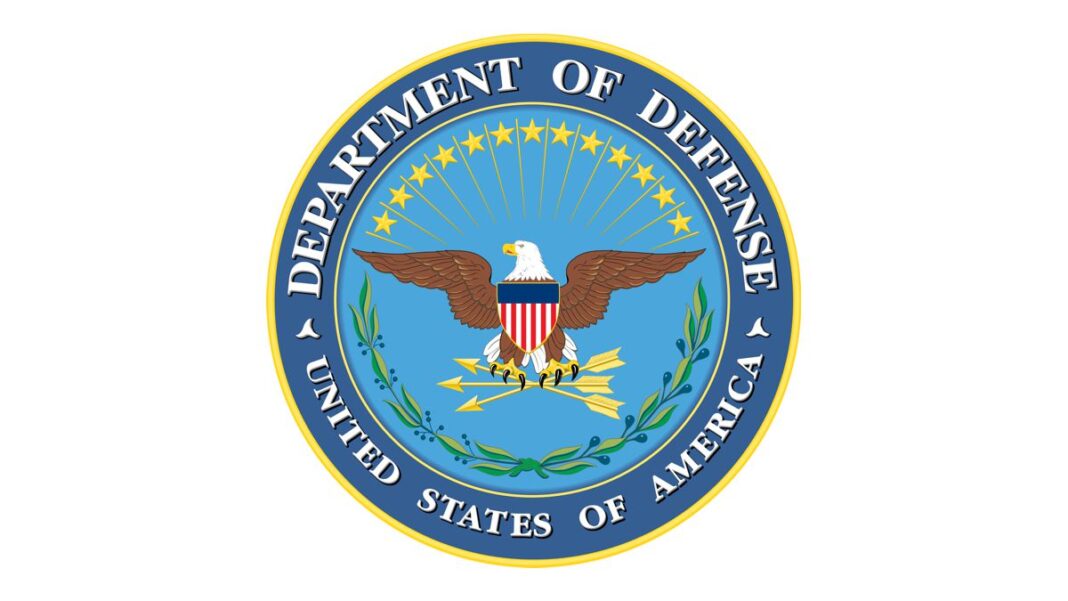His vote is critical to the bill’s passage
Sen. Joe Manchin (D-W.Va.), on the eve of a voting deadline for the Democratic leadership’s $3.5 trillion spending bill, decried the measure as “fiscal insanity,” warning that it would not get his vote without further adjustments.
“I cannot—and will not—support trillions in spending or an all-or-nothing approach that ignores the brutal fiscal reality our nation faces,” Manchin said in a statement late on Wednesday.
Manchin, whose vote is critical to the bill’s passage, separately told reporters on Wednesday that he believes it will take “a while” to work out the specific changes needed to pass the broad measures proposed in the Biden-backed “Build Back Better Act,” which was not drafted in a bipartisan fashion.
Without elaborating on the specifics on his discussions with President Joe Biden, Manchin said that “[the] reconciliation [bill] is going to take a while; it’s not going to be a week or two or three weeks.”
“There’s a lot, just [even] the tax code itself,” to iron out, he said.
In his statement, the independently-minded West Virginia Democrat outlined how he aims to work on the reconciliation bill, which is scheduled for a vote on Thursday.
“I want to do a tax overhaul. One thing you understand that all Democrats agreed on, there’s not a lot of things we all agree on, is that the 2017 tax cuts are unfair and weighted toward the high end. Let’s fix that. That’s the reconciliation,” Manchin said. “I think we can get a good bill done. I really do, if we work in good faith.”
Republicans are universally opposed to the $3.5 trillion measure, which passed in the House on Aug. 24 amid the Afghanistan withdrawal crisis. Aside from Manchin, Sen. Kyrsten Sinema (D-Ariz.) is another Democrat also believes the price tag proposed by the party leadership is too high.
Progressive Democrats, meanwhile, have again threatened to derail a separate $1.2 trillion infrastructure bill—a second element of Biden’s “two-track strategy” for his Build Back Better agenda that would finance highway, internet, and other infrastructure projects—unless moderates back the $3.5 trillion package as well.






